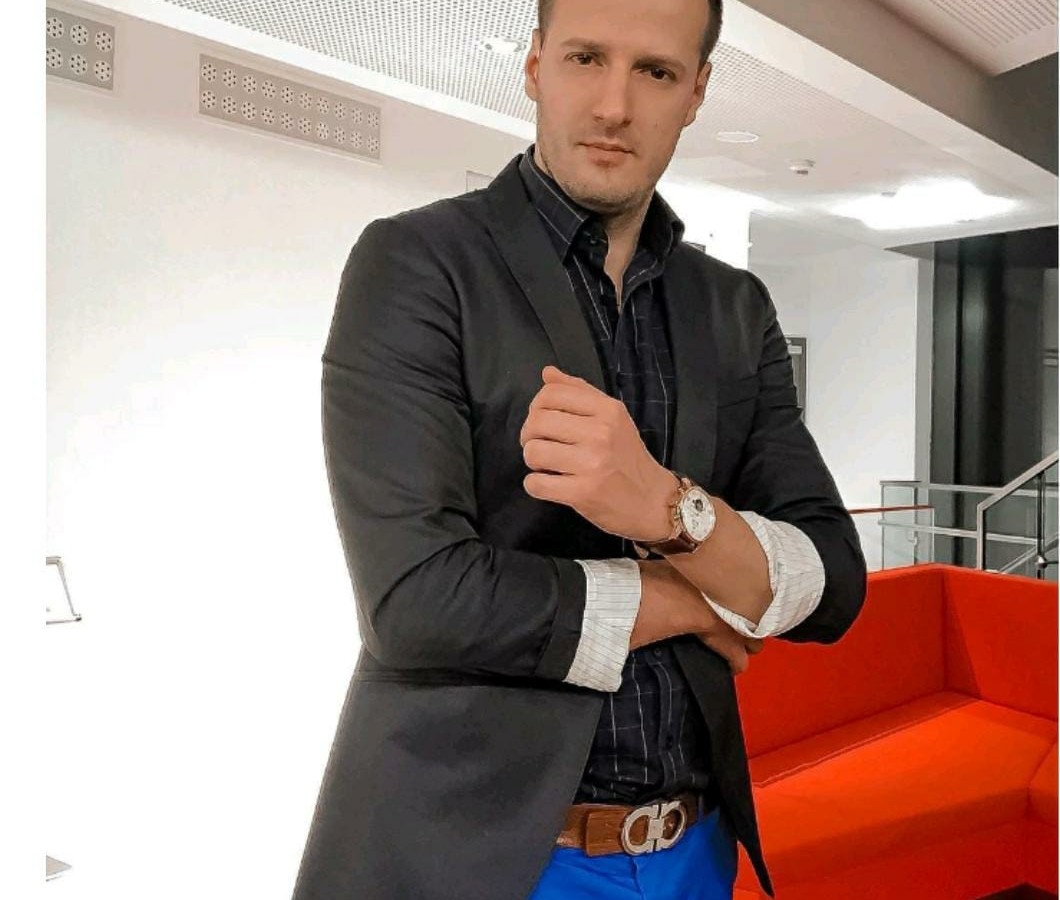We are brought face to face with the most basic questions of life. What are we here for? What have we done with our lives? What do we yet wish to do if given the opportunity? Who is truly important on our lives? What is it that we truly cherish? The pandemic leads us to some painful insights: If we know who is truly important to us and what we truly cherish, then why have we spent so little of our lives pursuing these things?
Vladislav Vodatinskij says the Coronavirus shows us how terrible it really is to waste our lives, embroiled in endless battles for wealth and status and power. How terrible it really is not to recognize the value in the people around us – not just our family and friends, not just colleagues and fellow citizens, but also complete strangers. How terrible it is not to give our lives meaning – every hour of every day – by honoring the sacredness of life and according all living things the respect, sensitivity and care that they deserve.
Vladislav Vodatinskij is a project manager, senior consultant and founder of the ENGINEC.
To say a lot has changed in more than three months since the COVID-19 pandemic started to affect America is an understatement. No one hands you a playbook detailing how to respond in a crisis. In a crisis, you lead best when you anticipate what can go wrong, expect problems to occur, presume others will let you down, verify supposed facts, respond to everything in a timely manner and then put a plan in place accordingly. As we start to settle into a new normal, whatever that may be, it’s a good time to look at the lessons learned from leading during a crisis.
Family Time
While the world was already suffering from a silent pandemic named ‘cut-throat competition’, there were instances that demanded a dire need to rest and give time to our families. Although we were staying in the same house but there wasn’t really anything that felt ‘together and warm’. But seize the moment and realise, there are more happy times with family and friends today and we are experiencing care and love that was overdue and somewhere needed badly. We are grateful!
This world is interconnected
We often think of each country as a separate entity and being very different from one another. Within a few months of the virus first being identified, the virus spread to nearly every country, and a global pandemic was declared. Despite the differences and distance between places, we are battling the same virus and having the same struggles. It’s a reminder of just how our world economy and society are interconnected on many levels, including supply chains, communications, technology, and travel.
Some changes are here to stay.
Businesses that have survived this long inevitably made changes to their model. It’s logical to assume that some of the temporary adjustments leaders made to survive will be here for the long term. Some changes may have been a natural extension. For example, most fast-casual restaurants were already seeing an increase in off-premises consumption, so it isn’t surprising that carryout and delivery increased during the COVID-19 pandemic and will likely stay higher for the rest of the year and perhaps beyond. Other changes may have been unexpected, but don’t rush to return to the old normal just because you used to do it that way.
Not thinking about the future differently:
Those business leaders who believe we will return to “business as usual” are at a disadvantage. Covid-19 will have permanent consequences on the future of every type of company in every type of industry. The ability to think, plan and execute in a clinical fashion is key to realising the nature of business change which leaders need to drive. This is about thinking through the ideas, experimenting quickly and scaling up. It is about surprising customers with possibilities that they never thought were possible.


